
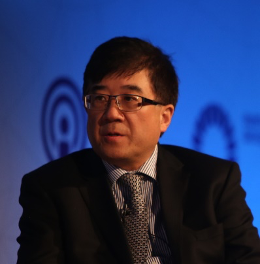
K3 – Dr. Wen Tong (CTO, Wireless Network, Huawei Technologies Co., Ltd. )
Integrated Sensing and Communications: the New Catalysis for Signal Processing
Abstract
In this talk, we present a framework of integrated sensing and communications (ISAC) for 6G. The true integration of the communions and sensing into a single device a, single spectrum and single platform will enable many new value-added services, beyond the connectivity function as we know for wireless communications today. Furthermore, for 6G, the higher frequency spectrum with larger bandwidth can be utilized to meet the continuously increasing demand for larger throughput, in addition to transfer the information bit, we can retrieve the radio wave propagation characteristics to perform the parametrize-identification of the objects, the environmental real time imaging and even spectrogram of the physical world, ISAC will facilitate the proliferation of the deep learning technology for 6G and to provide for the 6G AI service platform. The integrated wireless sensing and communications will be enabled by advanced signal processing technologies, imaging processing, the multi-channel, multi-sensory array and even more, the very large scale network of sensory signal processing will play the key roles. Ultimately the ISAC will make the entire global wireless communications infrastructure and billions of devices as a network of sensors.
Biography
Dr. Wen Tong is the CTO, Huawei Wireless. He is the head of Huawei wireless research. In 2011, Dr. Tong was appointed the Head of Communications Technologies Labs of Huawei, currently, he is the Huawei 5G chief scientist and led Huawei’s 10-year-long 5G wireless technologies research and development. Prior to joining Huawei in 2009, Dr. Tong was the Nortel Fellow and head of the Network Technology Labs at Nortel. He joined the Wireless Technology Labs at Bell Northern Research in 1995 in Canada. Dr. Tong is the industry recognized leader in invention of advanced wireless technologies, Dr. Tong was elected as a Huawei Fellow and an IEEE Fellow. He was the recipient of IEEE Communications Society Industry Innovation Award in 2014, and IEEE Communications Society Distinguished Industry Leader Award for “pioneering technical contributions and leadership in the mobile communications industry and innovation in 5G mobile communications technology” in 2018. He is also the recipient of R.A. Fessenden Medal. For the past three decades, he had pioneered fundamental technologies from 1G to 5G wireless and Wi-Fi with more than 500 awarded US patents. Dr. Tong is a Fellow of Canadian Academy of Engineering, and he serves as Board of Director of Wi-Fi Alliance.
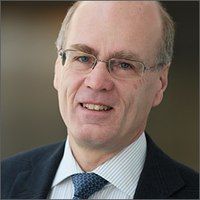
K5 – Prof. Björn Ottersten (Université du Luxembourg, Luxembourg)
Mulitantenna precoding in satellite communication networks
Abstract
Satellite communication networks are evolving to become an integral part of terrestrial networks. With this integration comes the promise of seamless wireless services to remote or unreachable areas that are currently under-served, more reliable connectivity in the presence of network failures or disaster events, and reduced infrastructure deployment costs. We discuss some technical trends that are changing the design of satellite communication networks fundamentally. Specifically, signal processing challenges will be addressed with focus on multiantenna precoding techniques. Spatial transmit precoding techniques can improve coverage, spectral/energy efficiency, as well as reliability and security of transmissions in wireless systems. Recent advances on symbol-level precoding, including experimental validation in satellite systems will be presented.
Biography
Björn Ottersten received the M.S. degree in electrical engineering and applied physics from Linkoping University, Linkoping, Sweden and the Ph.D. degree in electrical engineering from Stanford University, Stanford, CA. Dr. Ottersten has held research positions at the Department of Electrical Engineering, Linkoping University, the Information Systems Laboratory, Stanford University, and the Katholieke Universiteit Leuven, Leuven. During 96/97 Dr. Ottersten was Director of Research at ArrayComm Inc, San Jose, California, a start-up company based on Ottersten’s patented technology. He has co-authored papers that received an IEEE Signal Processing Society Best Paper Award in 1993, 2001, 2006, 2013, and 2019, and 8 IEEE conference papers receiving Best Paper Awards. In 1991 he was appointed Professor of Signal Processing at the Royal Institute of Technology (KTH), Stockholm. Dr. Ottersten has been head of the department for Signals, Sensors, and Systems at KTH and dean of the School of Electrical Engineering at KTH. He is currently Director for the Interdisciplinary Centre for Security, Reliability and Trust at the University of Luxembourg. Dr. Ottersten has been Digital Champion of Luxembourg, acting as an adviser to the European Commission and member of the boards of the Swedish Research Council and the Swedish Foundation for Strategic Research. Dr. Ottersten has served as Editor in Chief of EURASIP Signal Processing, and acted on the editorial boards of IEEE Transactions on Signal Processing, IEEE Signal Processing Magazine, IEEE Open Journal for Signal Processing, EURASIP Journal of Applied Signal Processing and Foundations and Trends in Signal Processing. He is currently Director of Technical Activities on the Board of EURASIP. Dr. Ottersten is a Fellow of the IEEE and EURASIP. He has received the IEEE Signal Processing Society Technical Achievement Award, the EURASIP Group Technical Achievement Award and has received the European Research Council advanced research grant twice. His research interests include signal processing, wireless communications, radar and computer vision.
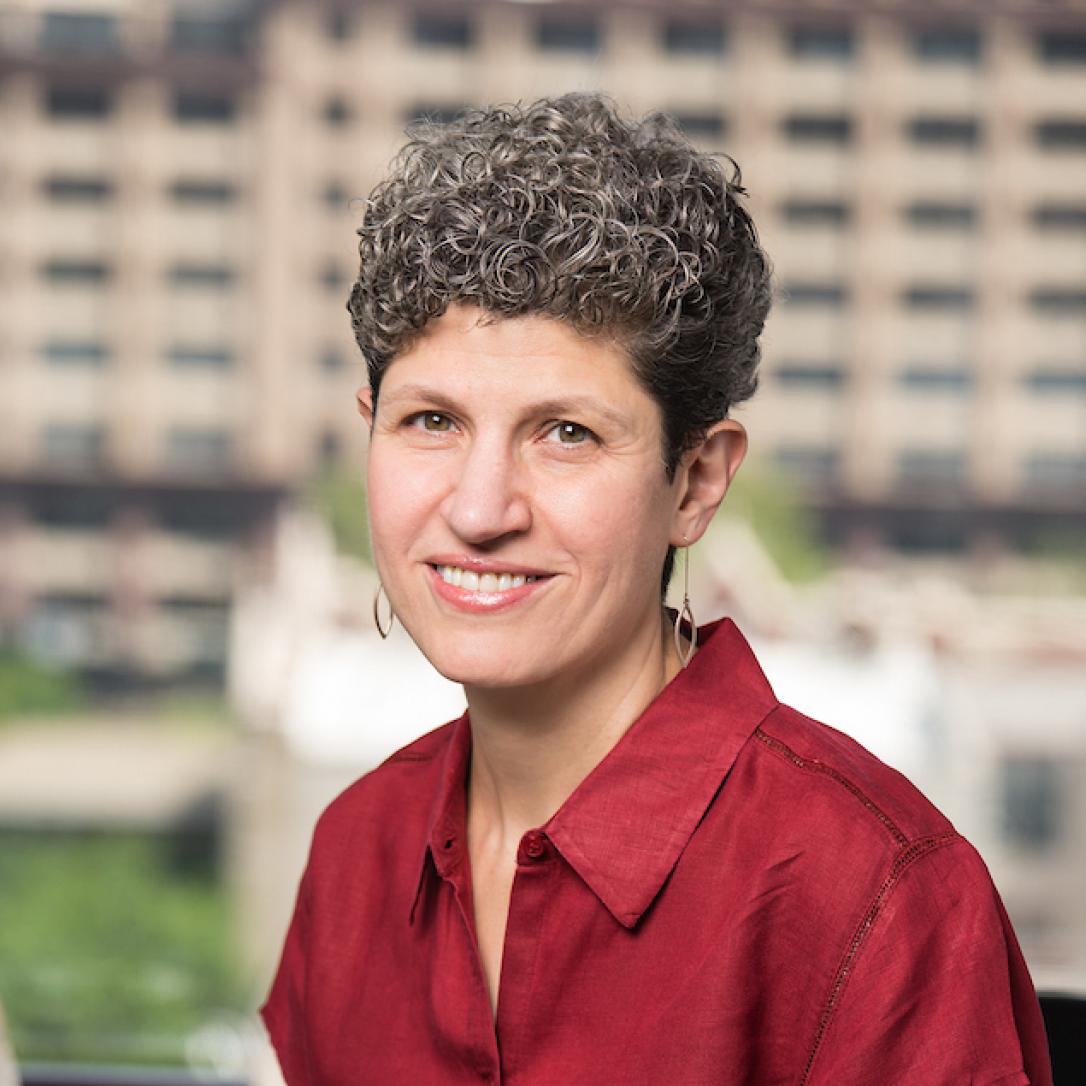
K2 – Prof. Elza Erkip (NYU Tandon School of Engineering, USA)
Energy Efficiency in mmWave and Beyond: Perspectives from Signal Processing, Information Theory and RF Design
Abstract
Wireless communications at higher frequencies offer the potential for orders of magnitude capacity increase compared with 4G. However, this comes at the expense of significant energy consumption at the transceivers. This talk focuses on the design of key RF components, particularly low resolution digital-to-analog and analog-to-digital converters, and their impact on energy consumption and data rates. We study communication strategies and capacity bounds under quantization and spectral mask constraints. Our results provide design guidelines for transceiver architectures and modulation schemes under energy constraints and suggest that satisfying out-of-band emissions with low resolution quantization could be a major challenge in mmWave communications.
Biography
Elza Erkip is an Institute Professor in the Electrical and Computer Engineering Department at New York University Tandon School of Engineering. She received the B.S. degree in Electrical and Electronics Engineering from Middle East Technical University, Ankara, Turkey, and the M.S. and Ph.D. degrees in Electrical Engineering from Stanford University, Stanford, CA, USA. Her research interests are in information theory, communication theory, and wireless communications. Dr. Erkip is a member of the Science Academy of Turkey and is a Fellow of the IEEE. She received the NSF CAREER award in 2001, the IEEE Communications Society WICE Outstanding Achievement Award in 2016, and the IEEE Communications Society Communication Theory Technical Committee (CTTC) Technical Achievement Award in 2018. Her paper awards include the IEEE Communications Society Stephen O. Rice Paper Prize in 2004, the IEEE Communications Society Award for Advances in Communication in 2013 and the IEEE Communications Society Best Tutorial Paper Award in 2019. She was a member of the Board of Governors of the IEEE Information Theory Society 2012-2020, where she was the President in 2018. She was a Distinguished Lecturer of the IEEE Information Theory Society from 2013 to 2014.
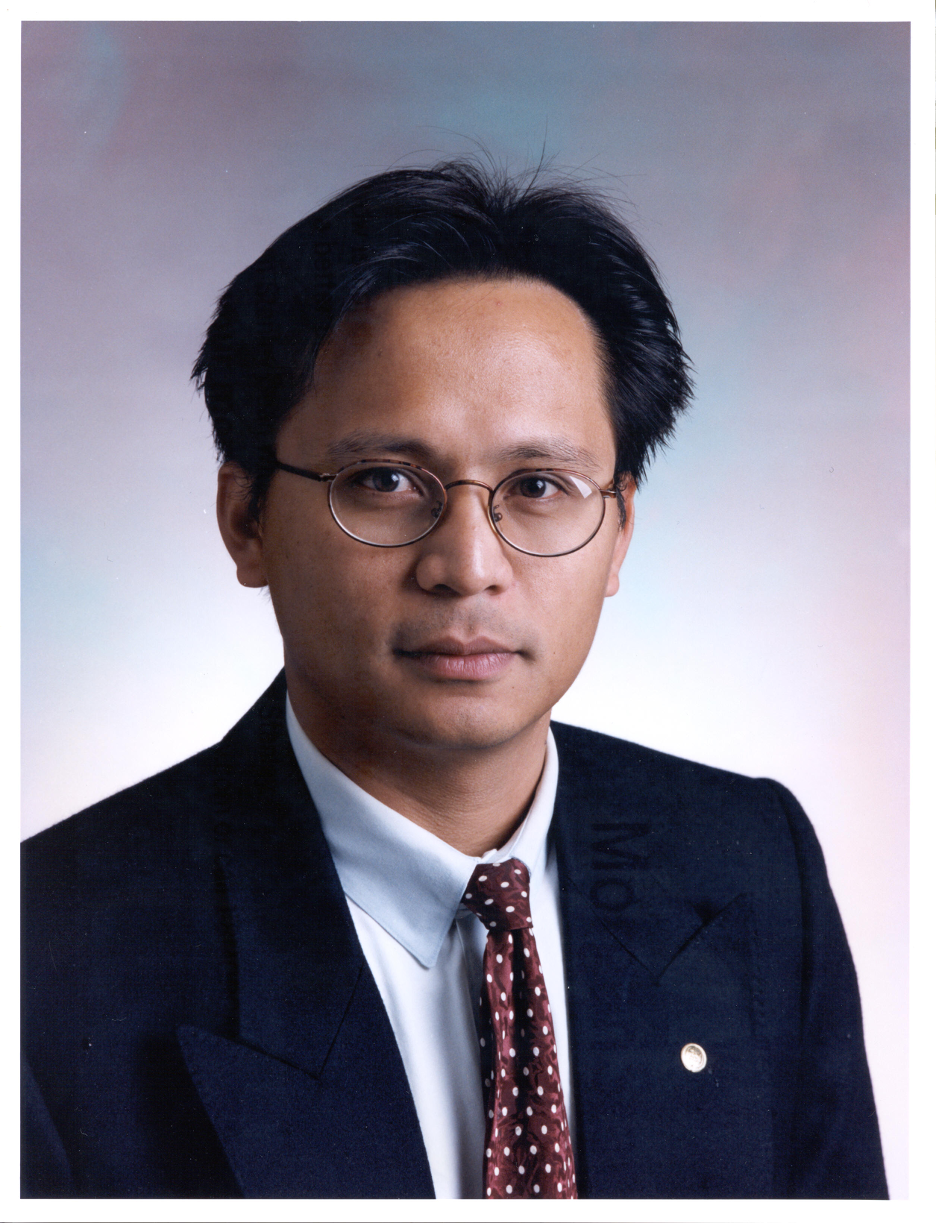
K4 – Prof. Moe Win (Massachusetts Institute of Technology, USA)
Localization-of-Things in the 5G Ecosystem: From Foundation to Operation
Abstract
The availability of real-time, high-accuracy location awareness is essential for numerous wireless applications, particularly those involving Internet-of-Things and the 5G ecosystem. The coming years will see the emergence of network localization and navigation in challenging environments with sub-meter accuracy and minimal infrastructure requirements. This will call for the Localization-of-Things (LoT), a new paradigm referring to locating, tracking, and navigating collaborative and non-collaborative nodes (e.g., sensors, vehicles, and objects). Our work relying on statistics, optimization, and communication theory approaches LoT from different perspectives. This talk will give an overview of LoT, examining our recent research results in this exciting new field, from the perspectives of theoretical framework, cooperative algorithms, network operations, and network experimentation.
Biography
Moe Win is a Professor at the Massachusetts Institute of Technology (MIT) and the founding director of the Wireless Information and Network Sciences Laboratory. Prior to joining MIT, he was with AT&T Research Laboratories and NASA Jet Propulsion Laboratory. His research encompasses fundamental theories, algorithm design, and network experimentation for a broad range of real-world problems. Current research topics include network localization and navigation, network interference exploitation, and quantum information science. Prof. Win is a Fellow of the AAAS, the EURASIP, the IEEE, and the IET. He has served the IEEE Communications Society as an elected Member-at-Large on the Board of Governors, as elected Chair of the Radio Communications Committee, and as an IEEE Distinguished Lecturer. He was honored with two IEEE Technical Field Awards: the IEEE Kiyo Tomiyasu Award and the IEEE Eric E. Sumner Award. His publications, co-authored with students and colleagues, have received several awards. Other recognitions include the IEEE Communications Society Edwin H. Armstrong Achievement Award; the Copernicus Fellowship and the Laurea Honoris Causa from the Università degli Studi di Ferrara; and the U.S. Presidential Early Career Award for Scientists and Engineers. He is an ISI Highly Cited Researcher.
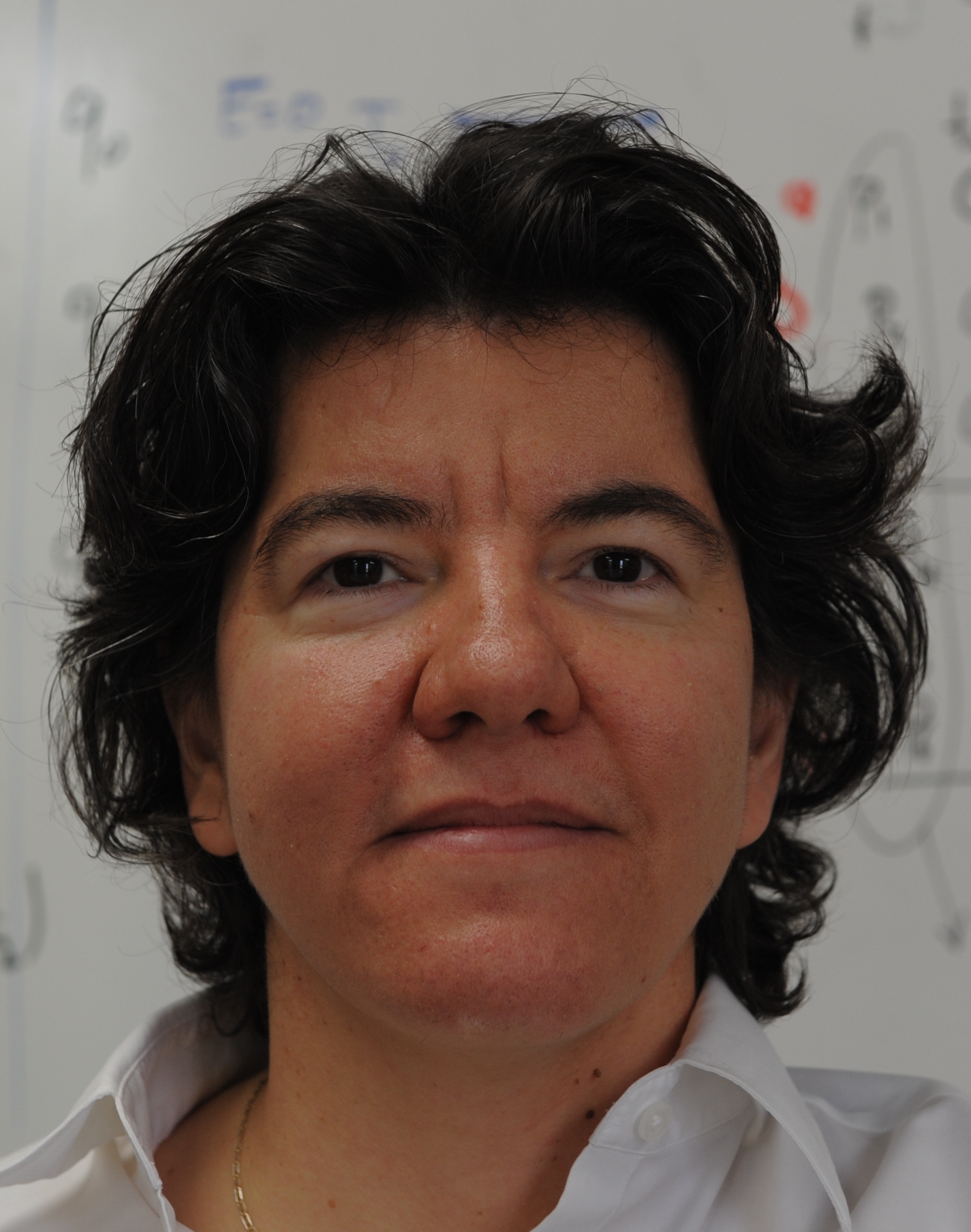
K6 – Prof. Sennur Ulukus (University of Maryland, USA)
Information Freshness in Poisson Status Updating Systems
Abstract
Many emerging technologies such as holographic communications, autonomous driving and industrial IoT require timely delivery of information to interested recipients. The age of information is a class of performance metrics that quantify the timeliness of information in communication networks. With the intuition that fresh information better captures the source process, the main goal of the age of information studies is to deliver information with as little age as possible in time-critical status updating systems. In this talk, we will present recent advances on timeliness in random exponential (Poisson) updating systems considering two different age metrics: binary freshness metric and version age of information. Specifically, we will talk about information freshness in cache updating systems; timely tracking of infectious disease, e.g., covid-19, status of individuals in a population; and information freshness in gossip networks where in addition to the information source, individual devices can share their stored version of updates with each other. Considering large sensor deployments and increasing number of mobile devices, in the second half of the talk, we will focus on the concept of age scaling in large networks and present novel approaches such as clustering and local cooperation to improve per user average age scaling in large gossip networks.
Biography
Sennur Ulukus is the Anthony Ephremides Professor in Information Sciences and Systems in the Department of Electrical and Computer Engineering at the University of Maryland at College Park, where she also holds a joint appointment with the Institute for Systems Research (ISR). She received her Ph.D. in Electrical and Computer Engineering from Wireless Information Network Laboratory (WINLAB), Rutgers University, and B.S. and M.S. in Electrical and Electronics Engineering from Bilkent University. Her research interests are in information theory, wireless communications, machine learning, signal processing and networks, with recent focus on private information retrieval, age of information, distributed coded computing, machine learning for wireless, energy harvesting communications, physical layer security, and wireless energy and information transfer. Dr. Ulukus is a fellow of the IEEE, and a Distinguished Scholar-Teacher of the University of Maryland. She received the 2003 IEEE Marconi Prize Paper Award in Wireless Communications, the 2019 IEEE Communications Society Best Tutorial Paper Award, the 2020 IEEE Communications Society Women in Communications Engineering (WICE) Outstanding Achievement Award, the 2020 IEEE Communications Society Technical Committee on Green Communications and Computing (TCGCC) Distinguished Technical Achievement Recognition Award, a 2005 NSF CAREER Award, the 2010-2011 ISR Outstanding Systems Engineering Faculty Award, and the 2012 ECE George Corcoran Outstanding Teaching Award. She was a Distinguished Lecturer of the IEEE Information Theory Society for 2018-2019.
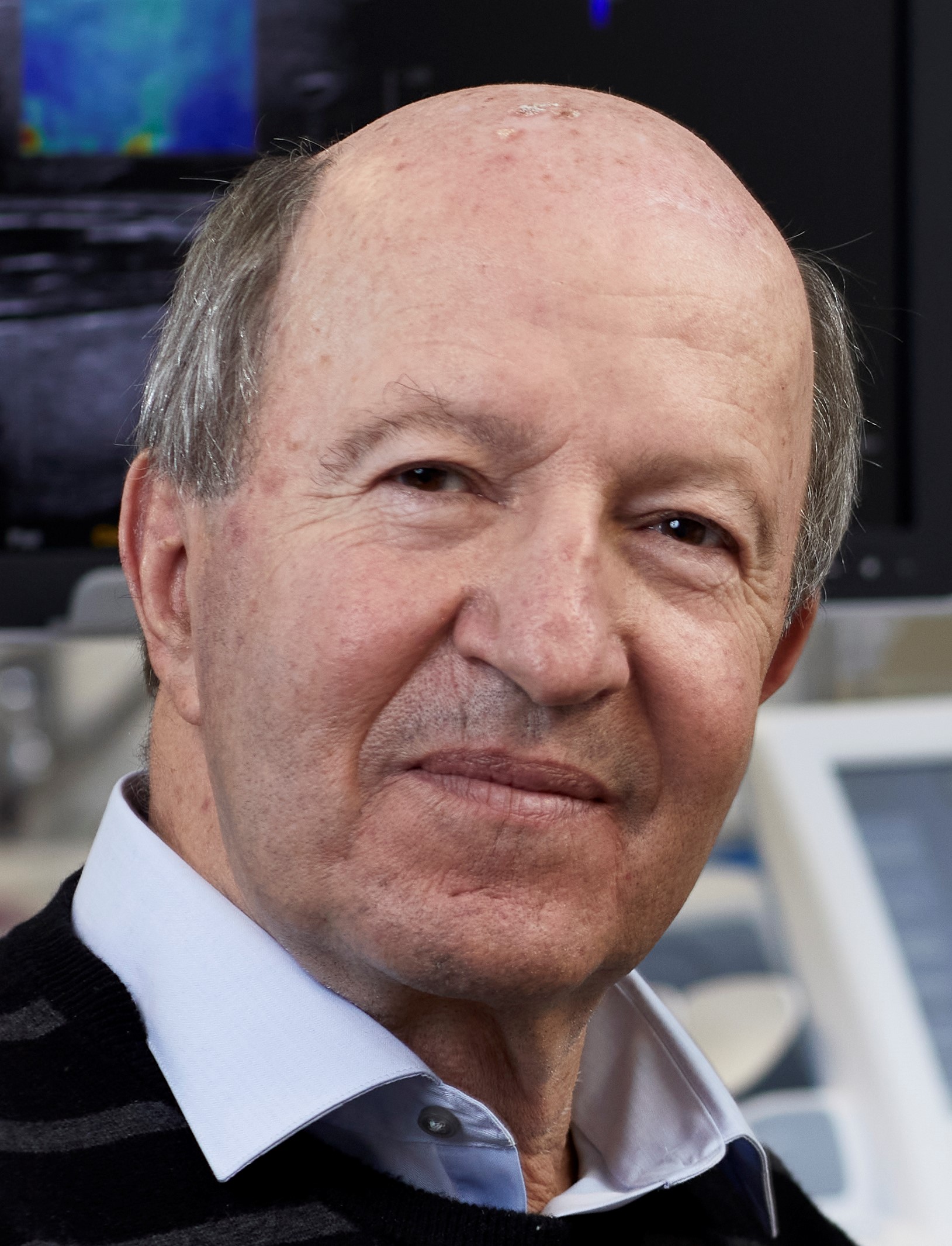
K1 – Prof. Mathias Fink (Ecole Superieure de Physique et de Chimie Industrielles de la Ville de Paris, France)
Wave Control for Wireless Communications: From Time-Reversal Processing to Reconfigurable Intelligent Metasurfaces
Abstract
In this talk, I will show how the work performed at Langevin Institute on wave control have led to the seminal concept behind large reconfigurable intelligent surfaces (RIS) that is currently a topic of great interest in the wireless communication community. Starting with the first demonstrations of ultrasonic “time-reversal mirrors” focusing in complex media in the early nineties, I will underline how these ideas were first used for underwater acoustic communications and were transposed later, for electromagnetic waves, into the concept of massive MIMO. Compared to these techniques that need multiple antenna array, I will explain how we proposed, ten years ago, another approach using tunable metasurfaces to obtain with a limited number of transmitters the best communication performance. The main idea is to replace the numerous transmitting antennas by a smart modification of the wireless environment by physically shaping the propagation medium to achieve optimal focusing and channel diversity. I will show how the optimization of these metasurfaces results from the generalization of the “time reversal mirror” concept to the one of the product of different time-reversal mirrors associated with each transmitters and receivers.
Biography
Mathias Fink is the George Charpak Professor at the Ecole Superieure de Physique et de Chimie Industrielles de la Ville de Paris (ESPCI Paris) where he founded In 1990 the Laboratory “Ondes et Acoustique” that became in 2009 the Langevin Institute. He is member of the French Academy of Science and of the National Academy of Technologies of France. In 2008, he was elected at the College de France on the Chair of Technological Innovation. He has received several scientific awards as the CNRS Medal of innovation, the Helmholtz-Rayleigh Award of the Acoustical Society of America, the Rayleigh Award of the IEEE Ultrasonics Society and the Edwin H. Land Medal of the Optical Society of America. Mathias Fink’s area of research is concerned with the propagation of waves in complex media and the development of numerous instruments based on this basic research. His current research interests include wave control in complex media, time-reversal in physics, metamaterials, telecommunications, super-resolution, medical ultrasonic imaging, multiwave imaging. 6 start-up companies with more than 400 employees have been created from his research (Echosens, Sensitive Object, Supersonic Imagine, Time Reversal Communications, CardiaWave and Greenerwave).

